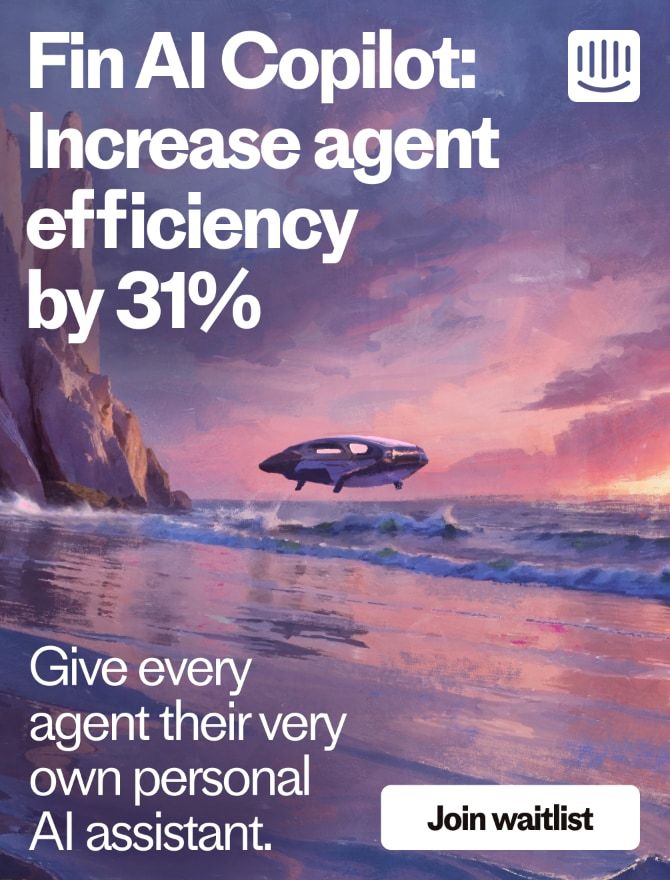
3 takeaways from the Customer Service Quality Benchmark Report 2023
We teamed up once again with Klaus, Aircall, and Support Driven to survey customer service leaders on their key metrics, how they maintain support quality, and where they’re investing in 2023.
Over 4,000 customer service professionals from 98 countries responded to the survey – and the data was compiled into the Customer Service Quality Benchmark Report 2023.
Yes the economic outlook isn’t too rosy, but the good news is customer support teams feel more prepared than ever to face the challenges that lie ahead. We noticed three recurring themes throughout our own Customer Service Trends Report and this year’s edition of the Customer Service Quality Benchmark Report, that outline how many customer service leaders plan to maximize existing resources while still meeting and exceeding customer expectations.
Optimize existing automated customer service workflows while implementing new AI tools
One tactic involves optimizing existing automated customer service workflows while exploring ways to implement new advancements in AI, such as ChatGPT. This enables teams to improve the efficiency of their support processes, reduce wait times for customers, and provide quicker resolutions to queries.
“With these advancements, teams can provide quality support, regardless of their operating budget or size”
Additionally, the emerging technology in neural network technology, AI, and machine learning is making it easier to execute these improvements, reducing the time it takes to implement better automation. With these advancements, teams can provide quality support, regardless of their operating budget or size.
Investing in proactive and self-serve support to get ahead of questions before they’re asked
Another tactic that customer support teams are using is investing heavily in proactive and self-serve support. By doing so, they can get ahead of questions before they are asked, and customers can resolve their issues without needing to contact a representative.
“Through proactive and self-serve support, teams can focus on more complex queries and provide personalized support to customers who need it most”
This approach not only saves time for customers but also reduces the workload for support teams. Through proactive and self-serve support, teams can focus on more complex queries and provide personalized support to customers who need it most.
Reinforce team talent with internal QA and coaching
Customer support teams are reinforcing team talent by using internal quality assurance and precision coaching to develop the skills of their agents. Additionally, they are hiring prescriptively when opportunities arise. This means that they are focusing on hiring agents with the skills needed to address specific customer needs.
By investing in their team’s skills, customer support teams can ensure that their agents can handle complex queries and provide personalized support that meets and exceeds customer expectations.
“With the help of emerging technologies, customer support teams can optimize their support processes, reduce wait times, and provide quicker resolutions to queries”
Innovative support leaders are aware that the goal is not to eliminate the human component of customer service but to enable reps to spend more time addressing queries that require the help of a real person.
By using the three tactics mentioned above, teams can focus on providing personalized, fast, and genuine support to their customers. With the help of emerging technologies, customer support teams can optimize their support processes, reduce wait times, and provide quicker resolutions to queries, ultimately leading to improved customer satisfaction.







